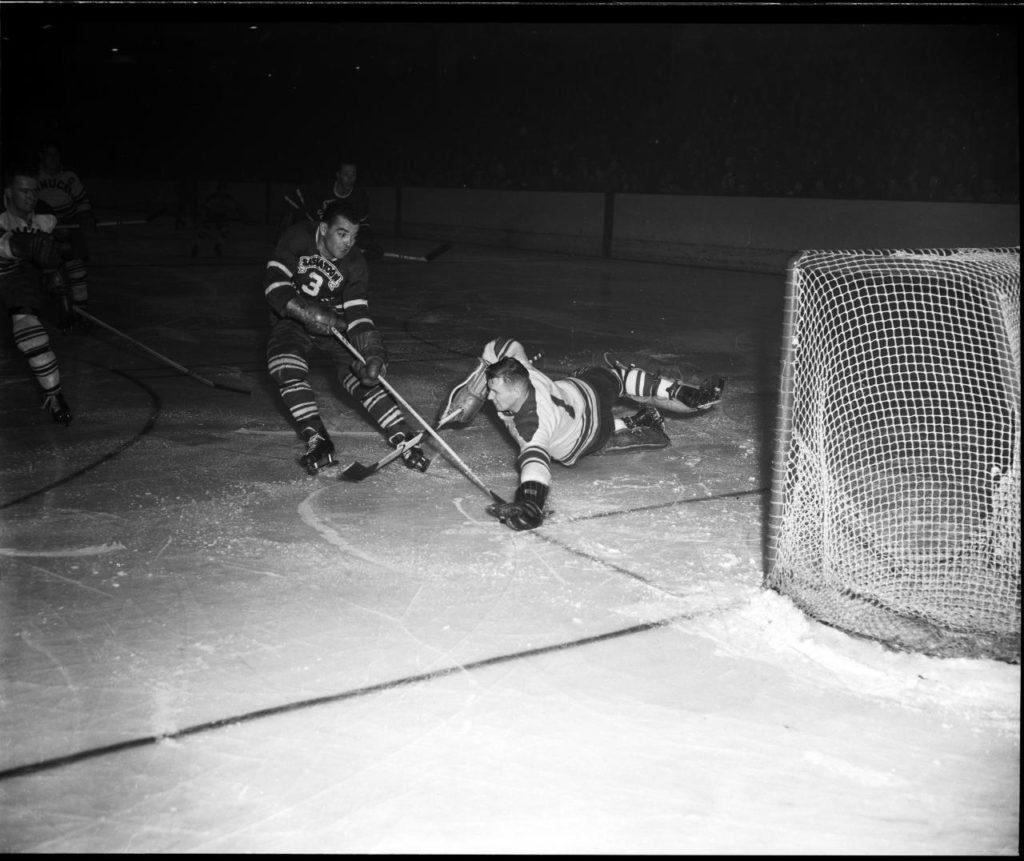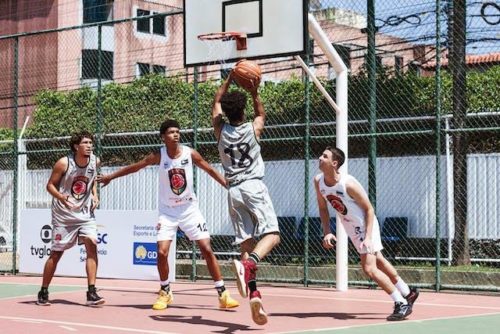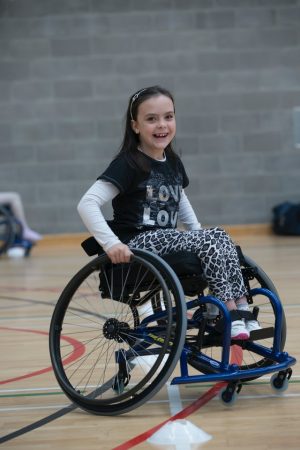Last Updated on December 8, 2023 by Michelle Ball
By Michelle Ball, Sacramento California Expulsion, Special Education, sports/CIF, College, Education and School Attorney/Lawyer for Students since 1995
The California Interscholastic Federation, aka CIF, is a tough organization with confusing rules harshly imposed on unsuspecting high school athletes. Insight is important for parents approaching CIF and their mysterious state appeals office.
So, what happens at a CIF State Appeal Hearing, if a student is fortunate enough to have the right to a state level CIF appeal? A lot and a little.
CIF State Appeals Are Short
Parents have little time to present their case at the CIF state appeal. The entire hearing is supposed to last only 1 hour and 45 minutes, with only 45 minutes for parents to present their arguments.
Per the CIF “Understanding the Transfer Eligibility Appeal Process” Handbook (2021) (attached after this blog):

The hearing shall be conducted only during the one hour and forty five minute time allotted by the State Appeals Office. Following introductions and a brief (2-3 minute) opening statement, each side will have a maximum of forty-five (45) minutes to state their position to the panel.
CIF tries to stick to this timeline. I have seen them deviate in how much time one side gets versus another.
For example, if the CIF commissioner whose ruling is being challenged does not have a lot to say, or has no witnesses, the CIF hearing officer may give parents a little more time to present their arguments. This is not guaranteed.
It is good for the student when this happens.
The CIF State Appeal Hearing Is on Zoom?
CIF appeal hearings are currently held via Zoom or equivalent service. This does make it easier to convene from far reaches of the state. However, with an online hearing, it is much more difficult to evaluate credibility of witnesses, to direct comments at only one person, and to really “read the room” in a CIF online hearing.
Additionally, with online hearings, parents and students may think that a hearing officer is looking at them when they speak, but it is unclear. The hearing officer could be watching Youtube, or funny cat videos, right? One never knows.

In person hearings are better, more persuasive, and hopefully CIF will soon return to in person student athlete appeals.
There Is Only A Single Hearing Officer
Prior to COVID, parents would be able to present in front of a panel, usually made up of three individuals who were rotated from a CIF list. They usually have some connection to sports and schools. Sometimes they are retired school staff.
No longer is CIF convening multi-person panels to hear student athlete appeals. Since COVID, CIF has gone to a singe hearing officer format. This is unfortunate for the student.
Panels give a student a stronger chance of success as the panel can debate and discuss the arguments raised post-hearing and maybe one panel member can persuade another panel member to support the student.
A single hearing officer may walk in with their mind already made up and there are no other panel members to try to persuade them otherwise.
Having a single hearing officer lowers a student’s chances of success.

Basic Structure of the Hearing
The essential structure of a CIF state appeal hearing is:
Hearing officer introduces everyone and reads from a statement of rules.
Both sides are allowed to provide a brief opening statement.
Both sides are allowed to present their arguments and evidence. Usually the CIF Commissioner goes first, to defend their decision to not let the student athlete play, which is being appealed.
If either side has witnesses, they may call them. While waiting, the witnesses will be in a Zoom waiting room. Sometimes the witnesses wait can be very long. The hearing officer may start the questioning. The person calling the witness should be allowed to ask questions of their own witnesses. The other side may submit questions to the hearing officer to ask as well.
Although CIF states that questions of an opposing witness should be directed to the hearing officer, being on Zoom, it is hard to direct questions just to the hearing officer, as everyone is sitting there listening and watching.
Closing statements may be allowed, but sometimes parents have to speak up to request to make one.
At the end of the athlete’s appeal hearing, everyone logs off, and the long wait for the decision begins.

The CIF Appeal Decision Can Take a LONG Time to Come Out
After the CIF appeal hearing, CIF has 15 business days to make and send out a decision. This is a L-O-N-G time. It can be a tough wait for the student and family.
If the football season is progressing and a student athlete has 3 games left, those games may pass by before the CIF appeal decision comes out. This is because 15 business days equates to a full three weeks before a CIF appeal decision has to come out.
Although CIF could issue their decision swiftly, often they do not and can take the entire 15 grueling days.
It is very sad to see a student who was banned by CIF from playing football, basketball, baseball or other sport due to an allegation of preenrollment contact, suffering on the sidelines three full weeks.
The entire CIF appeal process can be painful and torturous for a student athlete.
Michelle Ball is an education attorney who assists student athletes with CIF issues, submissions and appeals. As a lawyer for students in Sacramento, she can get involved across California, including in Chula Vista, Gilroy, Monterey, Tahoe, Roseville, Lincoln, and all other areas of the state.
State_CIF_Appeals_Process_Parent_Handbook_II-5921694



